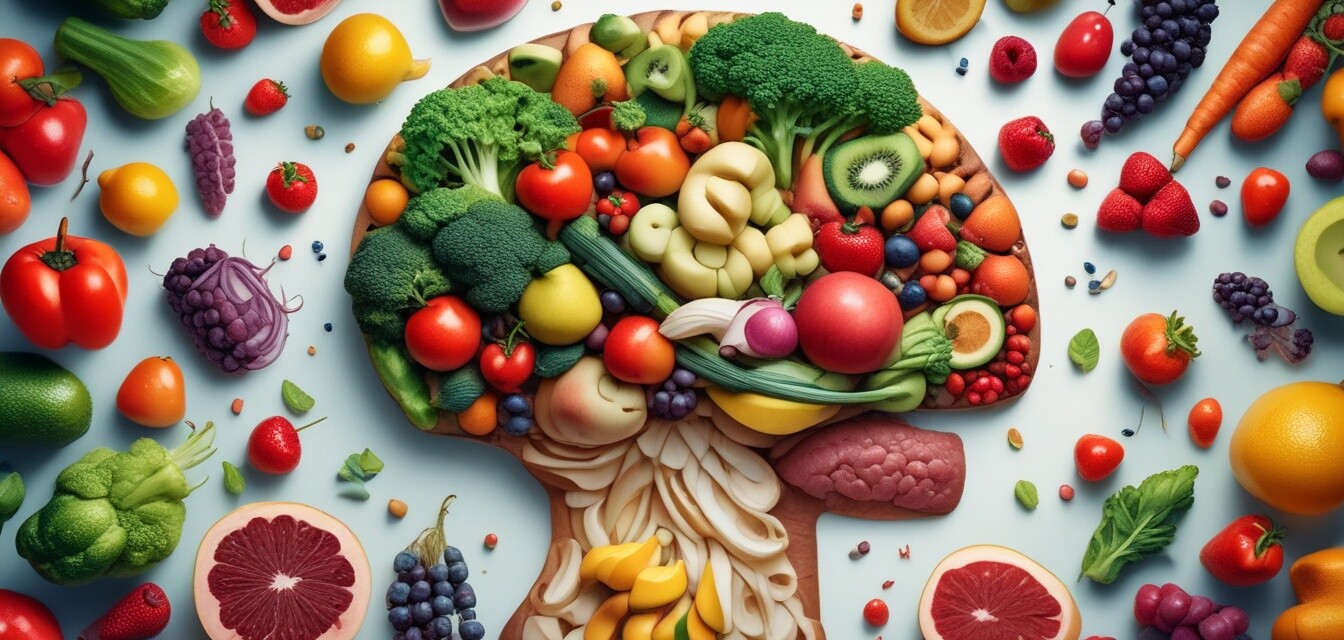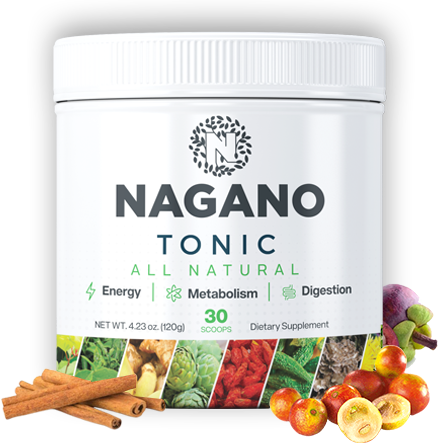
Understanding the Gut-Brain Connection
The gut-brain connection is a fascinating area of research that explores the intricate relationship between our digestive system and mental health. Understanding how our gut health influences our emotional well-being can provide insights into developing holistic approaches for better mental wellness.
Key Takeaways
- The gut and brain communicate bi-directionally via the gut-brain axis.
- Diverse microbiota in the gut can positively influence mood and emotional health.
- Certain dietary changes, including increased fiber and probiotics, support gut health.
- Mindfulness and stress reduction techniques can enhance gut health.
- Incorporating wellness tools such as aromatherapy and herbal remedies can be beneficial.
What is the Gut-Brain Connection?
The gut-brain connection refers to the two-way communication network between the gut and the brain. This connection facilitates the exchange of information, allowing our body to respond to emotional and physical stressors.
The Role of the Microbiome
Your gut houses trillions of microorganisms, collectively known as the microbiome. Recent studies suggest that this microbiome plays a crucial role in influencing both mental health and physical health.
Key Components of the Gut-Brain Axis
| Component | Description |
|---|---|
| The Vagus Nerve | The primary pathway through which gut signals are sent to the brain. |
| Neurotransmitters | Chemicals like serotonin and dopamine are produced in the gut and affect mood and behavior. |
| Inflammation | Gut health impacts systemic inflammation, which can contribute to mental health issues. |
Dietary Changes to Support Gut Health
Making informed dietary choices is crucial for improving gut health and, subsequently, mental wellness.
Foods That Support Gut Health
- High-fiber foods like fruits, vegetables, and whole grains.
- Fermented foods such as yogurt, kefir, and kimchi, rich in probiotics.
- Omega-3 fatty acids found in fish, walnuts, and flaxseeds.
- Hydration - drinking plenty of water is essential for digestion.
Natural Remedies and Wellness Tools
Incorporating natural remedies and wellness tools into your routine can enhance your gut health and mental well-being.
Aromatherapy for Stress Relief
Aromatherapy using essential oils can promote relaxation and reduce stress, benefiting gut health indirectly. Oils like lavender and chamomile have soothing properties.
Herbal Remedies to Consider
Certain herbal remedies, including peppermint and ginger, can aid digestion and support a healthy gut environment.
Mindfulness and Mental Wellness
Practicing mindfulness can significantly impact your relationship with food and your overall mental wellness. Stress reduction techniques such as meditation and yoga can improve gut function.
Regular Physical Activity
Incorporating physical activity into your routine contributes positively to both gut and mental health. Exercise increases gut motility and enhances mood-regulating neurotransmitters.
Pros
- Improved communication between gut and brain.
- Enhanced mood and emotional stability.
- Lower levels of anxiety and stress.
Cons
- Dietary changes take time to implement.
- Lack of awareness about gut health's impact on mental wellness.
Conclusion
Understanding the gut-brain connection opens new avenues for enhancing overall wellness through informed dietary choices, natural remedies, and mindfulness practices. By nurturing your gut health, you may also promote better mental wellness and a balanced life.
Tips for Integrating Wellness Tools
- Experiment with different dietary adjustments and monitor their effects on your mood.
- Incorporate daily mindfulness practices to enhance your gut-brain connection.
- Explore aromatherapy products and herbal remedies that may support your wellness journey.
For more information on how to enhance your wellness routine, visit our Wellness Tips category.
